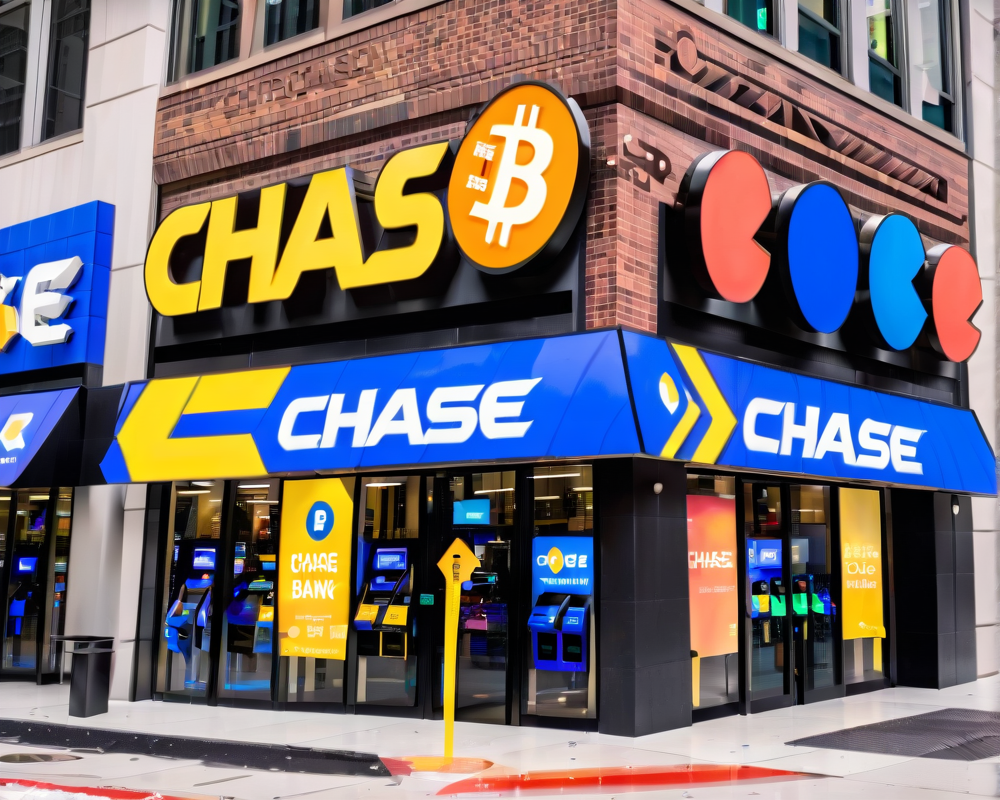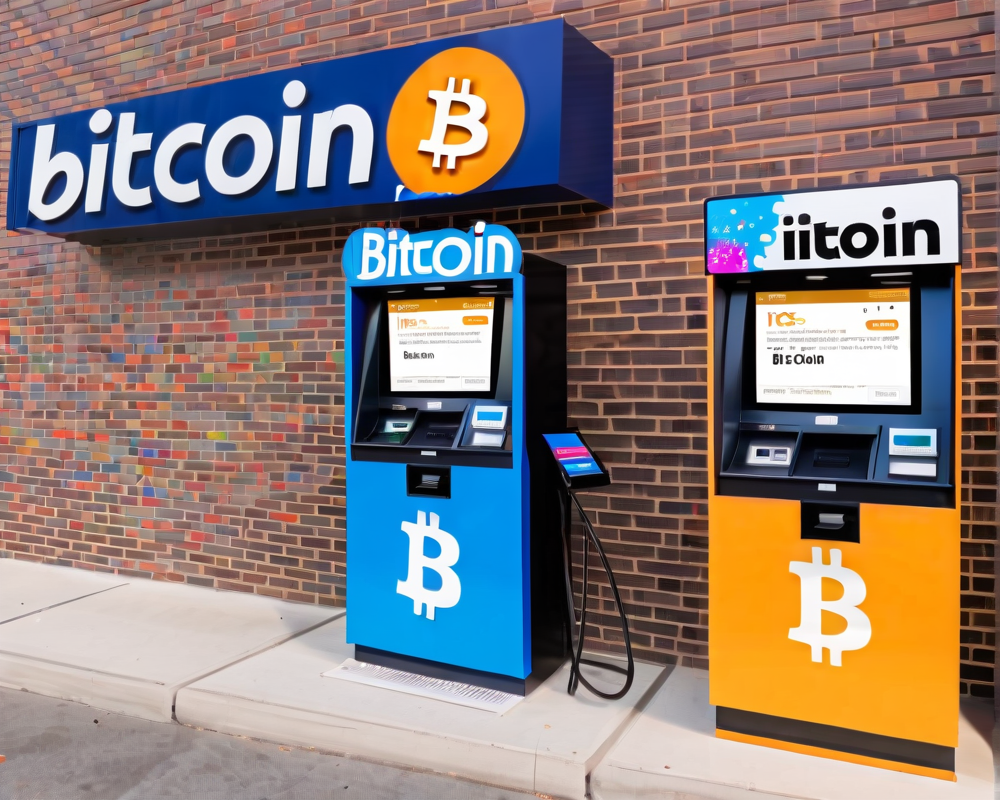The Ruling: A High-Stakes Crypto Case in the Southern District
In an interesting twist for the financial world, Southern District of New York Judge Katherine Polk Failla has ruled on a case that could have implications for how banks treat cryptocurrency transactions. On August 1, Judge Failla denied Chase Bank’s motion to dismiss a class action lawsuit against them, claiming that purchasing cryptocurrency with a Chase credit card should not be considered a cash advance.
The Plaintiffs: Who’s Taking On Chase?
The class action suit is led by plaintiffs Brady Tucker, Ryan Hilton, and Stanton Smith. They allege that Chase has been improperly charging cash advance fees for their purchases of cryptocurrency. That’s a big deal, folks! Imagine swiping your card for a shiny new Ethereum only to find out that your bank just hit you with a cash advance fee that feels more like getting stiffed at a gas station.
Understanding ‘Cash-Like Transactions’
So, what’s the big disagreement here? Judge Failla broke it down: the plaintiffs argue that cryptocurrency transactions cannot be categorized as cash advances under Chase’s contract. They define ‘cash’ strictly as fiat money and ‘cash-like’ as those old-school forms of payment we all recognize—checks, money orders, you name it. On the flip side, Chase contends that digital coins somehow fall under the ‘cash-like transactions’ umbrella, leading to these pesky fees.
The Judge’s Take: A Balancing Act
What did Judge Failla say in the opinion? Well, she didn’t pick sides outright. Instead, she pointed out that the plaintiffs’ argument of cryptocurrency being excluded from cash-like transactions is plausible enough for their case to move forward. In legal speak, that’s like saying, “Okay, you might have a point here, but we’ll need to dig deeper.” She noted:
“At this point in the proceedings, however, it is irrelevant whether Chase’s interpretation of ‘cashlike transactions’ is more reasonable than Plaintiffs’. […] Because Plaintiffs have identified a reasonable interpretation of ‘cash-like transactions’ that would exclude purchases of cryptocurrency, the breach of contract claim survives the motion to dismiss.”
The Larger Implications
This case opens the door for a fierce debate on how financial institutions must navigate the rapidly evolving landscape of cryptocurrency. As crypto continues to permeate the mainstream, these distinctions become critical. Should banks treat digital currencies like cash or something else entirely? The outcome could set a precedent, impacting how users interact with their crypto investments through traditional banking channels.
Conclusion: Stay Tuned!
With this lawsuit advancing, the crypto community—and indeed, anyone who has ever felt squeezed by bank fees—will be watching closely. It could just be the beginning of a significant shake-up in how banks interact with the digital currency world. Buckle up, folks; it’s gonna be an interesting ride!




